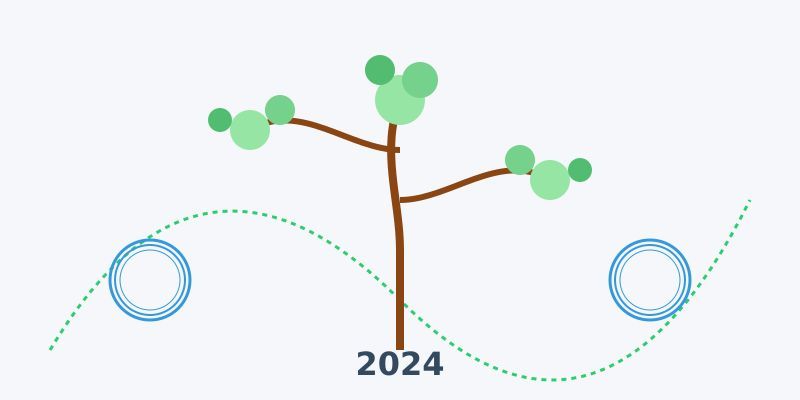Reflecting on a Year of Growth and Resilience

As we reach the year’s end, it’s the perfect time to pause and reflect on all that we’ve experienced—our successes, challenges, and the lessons that shaped us.
This year brought its share of accomplishments worth celebrating. Whether it was reaching a major goal, completing a challenging project, or simply staying consistent in the face of uncertainty, you’ve worked hard, remained resilient, and leveraged your problem-solving skills. Congratulations on what you’ve achieved! Your successes are a credit to your dedication and "stick-to-it" mindset.
Of course, not everything may have gone as planned. There might be goals or dreams you were hoping to accomplish but didn’t quite get to. That’s okay. Sometimes, the timeline shifts, but the vision remains. Take a moment to identify those unfinished goals and carry them forward into the new year with renewed determination.
Each challenge you faced this year has added to your strength, and every success has proven what you’re capable of. Celebrate what you’ve accomplished, learn from what didn’t go as planned, and move forward with hope and determination.
Here’s to an even brighter and even more fulfilling 2025! Happy New Year!


